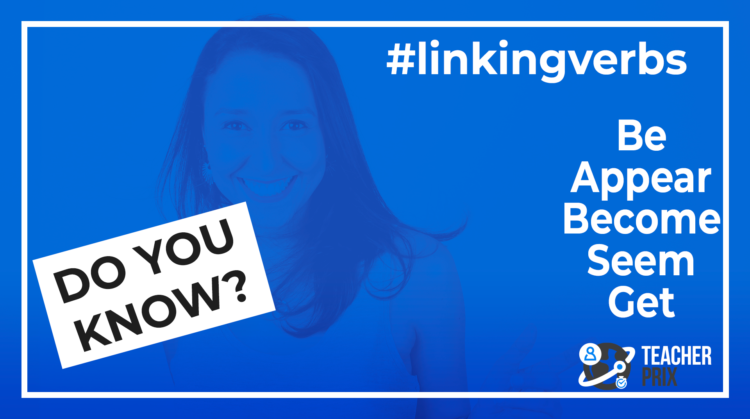
May 15, 2021
How to use Wish in English – Learn English Grammar

Hey student! How are you?
I have another post for you, but before I get started, Are you already part of my EXCLUSIVE email list?
Every week, I send materials, lessons, videos, and ideas to help my students through my email list to become better English speakers. As I said, this is exclusive content which I only share with the people on my email list. On top of that, when you sign up, you receive my Ebook where I answer many of English Learners’ questions on how to become fluent English speakers.
Signing up is super easy. on the top right of this page, you find a box to type your name and email. After that, go to your inbox and confirm your subscription. I can’t wait to send you all this good stuff!
Basically, a linking verb is a verb that connects the subject and the complement (or predicate) of a sentence.
Ok, Priscila. This is the definition, but can you give me a clear example of what that really is in action?
Sure!
Teacher Prix IS nice. The verb “is” is connecting “Teacher Prix” and “nice”
We use linking verbs to connect the subject with nouns and adjectives (the complement)
The school is open
Alex is a doctor.
Julia seems happy. (seem = appear)
The juice went bad
Alice got pregnant
Mom will get angry if we lie
If the traffic light turns yellow, we have to slow down and stop driving.
The most common linking verb is verb to be. However, there are more linking verbs you should learn. I will show you some linking verbs that are very important and how to use them.
We use the linking verb “become” to describe a process of change.
Obama became president in 2008.
This bill (law Project) will become law next year.
Become is a little bit more formal in some contexts. You can use different verbs that will give the same idea of “become” in a more informal way. for example get, go, turn, grow, come.
IMPORTANT: Before the words: difficult, ill, interested, pregnant, suspicious, unhappy and worried, in both speaking and writing, use GET
So, when do I use “become”? For more techinical or abstract process of change. for example
Apparrent, convinced, obvious, etc.
Appear is also a linking verb with the idea of “seem true”.
The room appears darker than usual.
It is very similar to look (which is also a possible linking verb)
She seems nice (look)
The doctor seems to be positive about this surgery.
Turn and Go are very common when you want to talk about colors changing
The traffic light went red, but I didn’t have time to stop the car.
Expressions with Go
There are some expressions with go that also express “change” particularly changes you don’t want.
Go deaf (to stop hearing)
Go blind (to stop seeing)
Go bald (when you lose all your hair)
Go bad (when you can’t eat or drink something anymore because it is not in good conditions)
Go missing (when someone or something disappears)
Go wrong (to make a mistake or when something happens in a way that brings a bad result)
Go crazy/mad – to become insane
There are more things you need to learn about Linking verbs. If you enjoyed this post and would like to learn more about linking verbs, leave your comment and I will prepare another post about more lessons on Linking verbs
Have a wonderful day
Teacher Prix
Leave a Reply